Publications
Articles, publications, books, tools and multimedia features from the U.S. Institute of Peace provide the latest news, analysis, research findings, practitioner guides and reports, all related to the conflict zones and issues that are at the center of the Institute’s work to prevent and reduce violent conflict.
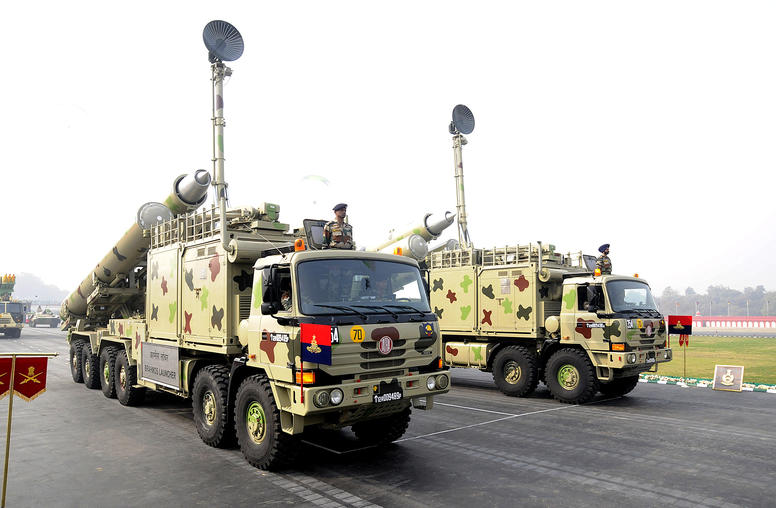
Enhancing Strategic Stability in Southern Asia: USIP Senior Study Group Final Report
This report reviews the challenges posed by changing strategic circumstances in Southern Asia, assesses a range of US policy options, and presents a set of priority recommendations for US policymakers.
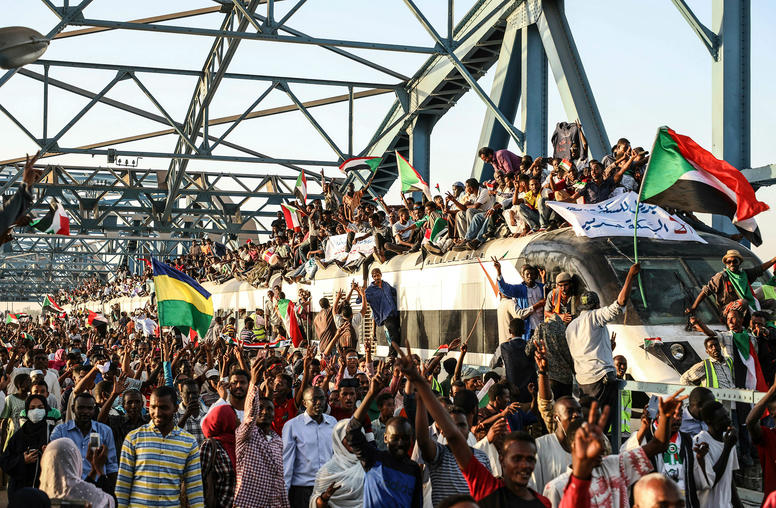
Sowing the Seeds of Nonviolent Action in Sudan
From 2013 to 2018, Sudanese civil society actors carved out a variety of civic spaces that laid the foundation for Sudan’s 2018–2019 December Revolution. This report assesses the factors that gave rise to this remarkable mobilization—in particular how civil society development ultimately enabled the Sudanese opposition to sustain a decentralized, nationwide, and robust nonviolent campaign characterized by widespread mass participation, unity of leadership and purpose, and a commitment to nonviolent discipline—and what it will take to keep the country’s democratic transition on track.
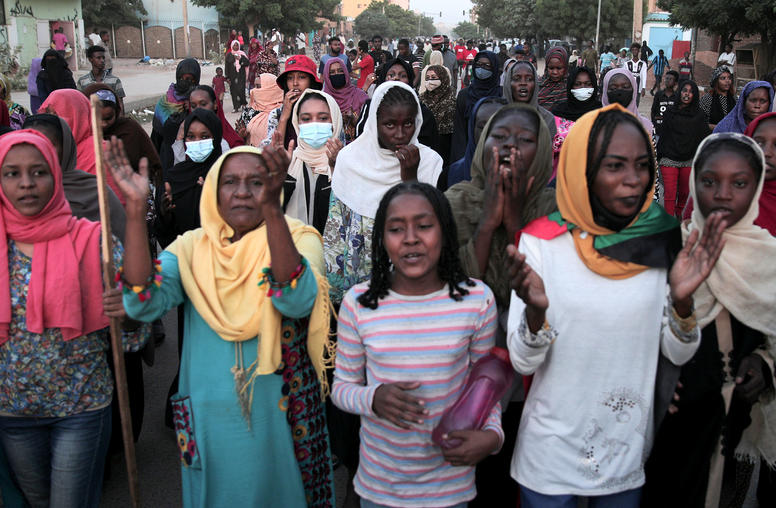
Darfur after Bashir: Implications for Sudan’s Transition and for the Region
This report examines the role of Darfur in Sudan’s domestic politics and international relations since the overthrow of Omar al-Bashir in 2019. It traces how Darfur’s importance has shifted with the growing aspirations and power of Mohamed Hamdan Daglo – more commonly known as Hemetti – and the Rapid Support Forces that he governs. It concludes by examining where Western actors may have leverage to push for both peace in Darfur and civilian rule.
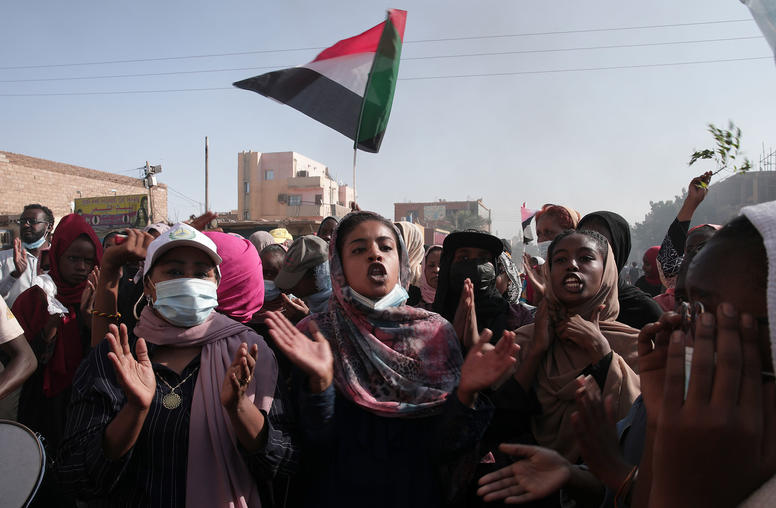
Dissent and Dialogue: The Role of Mediation in Nonviolent Uprisings
While both mediation and nonviolent resistance have been the subject of significant scholarly work, the connection of the two fields has received less attention. Using newly collected data on nonviolent uprisings Africa from the Mediation in Nonviolent Campaigns data set, this report explores several questions: When does mediation occur in the context of nonviolent campaigns? Who tends to mediate? What are the challenges, and what are the outcomes? The study offers overall takeaways, policy conclusions, and recommendations for future research.
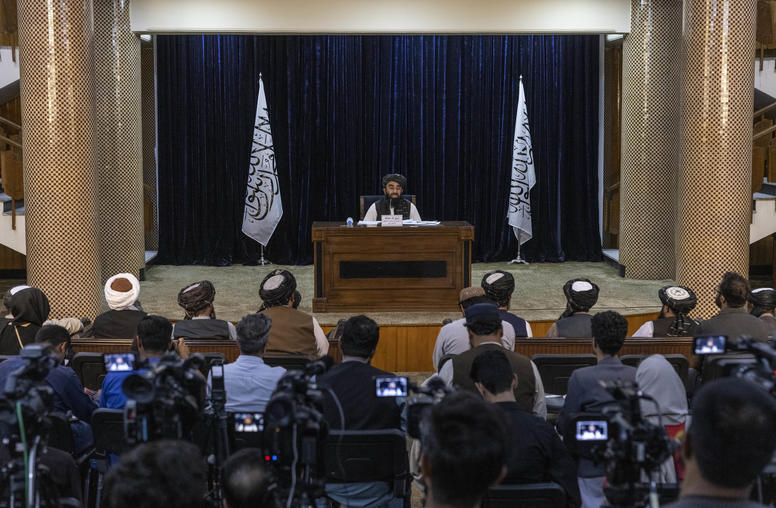
Afghan Taliban Views on Legitimate Islamic Governance
Since their return to power in August 2021, Taliban leaders have not yet articulated a clear vision of how they plan to structure the Afghan state. Some observers have expressed guarded optimism that the Taliban can be persuaded to move away from the more authoritarian and illiberal aspects of their first regime. This report is intended to help these negotiators—whether from the international community or Afghan civil society—find possible compromises between the Taliban’s vision of “true” Islamic governance and liberal democracy and respect for human rights.
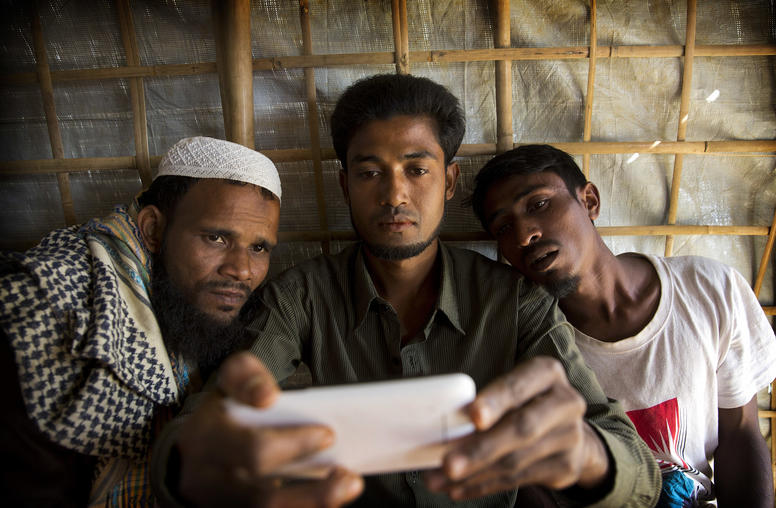
La acción no violenta en la era del autoritarismo digital: Dificultades e innovaciones
A fines de la década de 2000 y principios de 2010, los movimientos de acción no violenta utilizaron las redes sociales y otras herramientas digitales para organizar levantamientos a favor de la democracia que tomaron por sorpresa a los regímenes. Esos eufóricos comienzos han dado paso a la represión digital, las restricciones de libertades en línea y el retroceso democrático a medida que los regímenes autoritarios aprovechan las nuevas tecnologías para vigilar a la oposición y sembrar desinformación. Este informe documenta cómo los activistas no violentos se están adaptando a la represión digital y sugiere formas en que los Estados Unidos y sus aliados pueden ralentizar el ritmo de la innovación autocrática en el uso de estas tecnologías.

Nonviolent Action in the Era of Digital Authoritarianism: Hardships and Innovations
In the late 2000s and early 2010s, nonviolent action movements employed social media and other digital tools to orchestrate pro-democracy uprisings that took regimes by surprise. Those euphoric early days have since given way to digital repression, restricted online freedoms, and democratic backsliding as authoritarian regimes leverage new technologies to surveil the opposition and sow misinformation. This report documents how nonviolent activists are adapting to digital repression and suggests ways the United States and its allies can slow the pace of autocratic innovation in the use of these technologies.
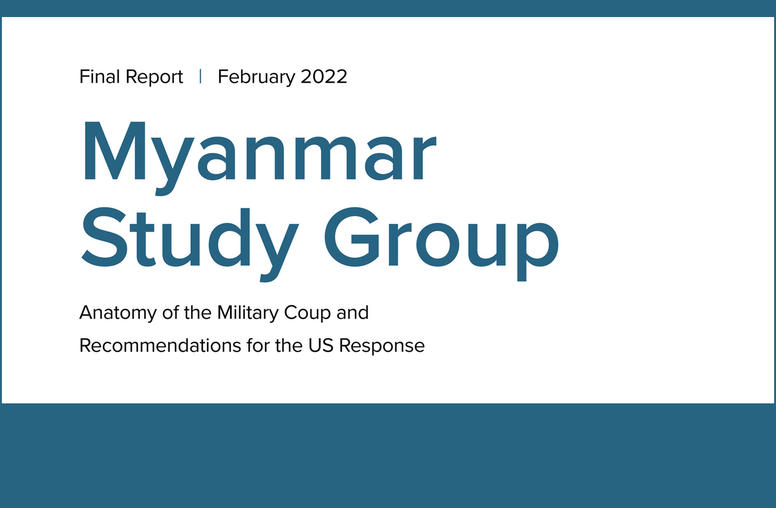
Myanmar Study Group: Final Report
In March 2021, the Myanmar Study Group was organized by the United States Institute of Peace (USIP) in response to the evolving conflict in Myanmar following the military coup of February 1, 2021. To support U.S. policy toward Myanmar, the Institute convened a study group of nine prominent experts on Myanmar and Asian affairs from April through September 2021. The study group held five discussions on topics of critical relevance to the crisis in Myanmar, supplemented by consultations with key stakeholders in the country and the region. Although convened by USIP, the views and recommendations contained in the report are solely those of the Myanmar Study Group, not USIP.
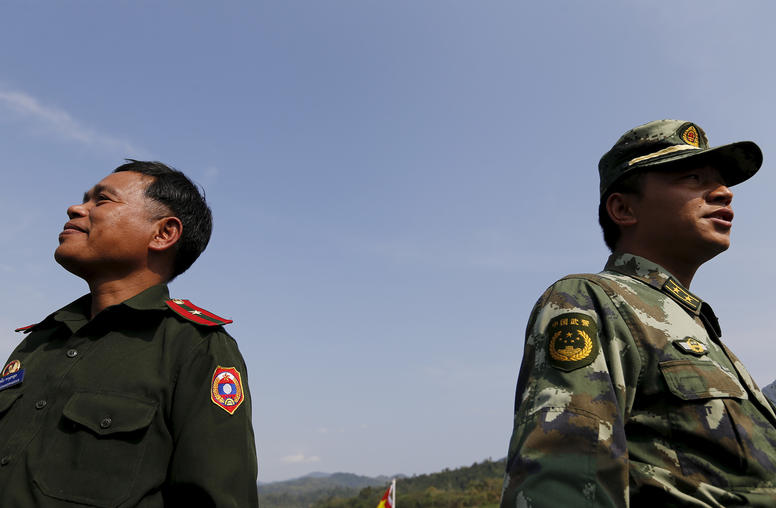
China’s Security Force Posture in Thailand, Laos, and Cambodia
China’s geo-economic influence is empowering the expansion of its security force posture in the Lower Mekong region, which should be of concern to both maritime Southeast Asia and the United States. While Thailand, Laos, and Cambodia—the geographic core of mainland Southeast Asia—are demonstrating resilience and sustaining some strategic autonomy, several trends indicate that their options may be increasingly limited. This report looks at China’s security force posture in these nations, the possible ramifications of that posture, and considerations for balancing U.S. policy and outreach.
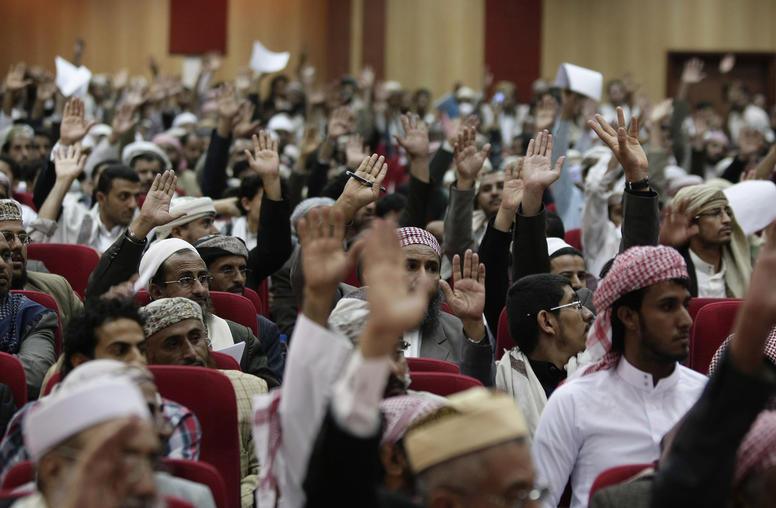
Dialogues nationaux sur la consolidation de la paix et les transitions créativité et pensée adaptative
Dans le meilleur des cas, les processus de dialogue national promettent d’apporter un élan décisif à la transformation inclusive du conflit. Ce rapport examine les dialogues dans six pays: la République Centrafricaine, le Kenya, le Liban, le Sénégal, la Tunisie et le Yémen. Ces divers processus montrent les possibilités de favoriser le dialogue, de forger des accords et de progresser vers la paix; et le rapport offre des conseils détaillés sur les possibilités et les aspects pratiques pour ceux qui envisagent d'organiser un dialogue national.